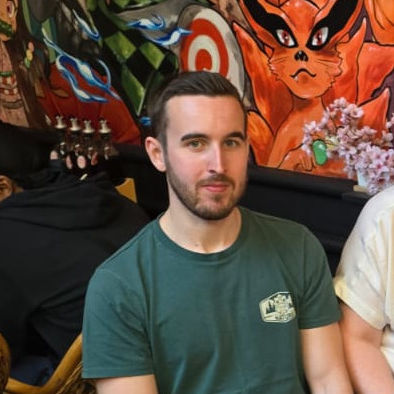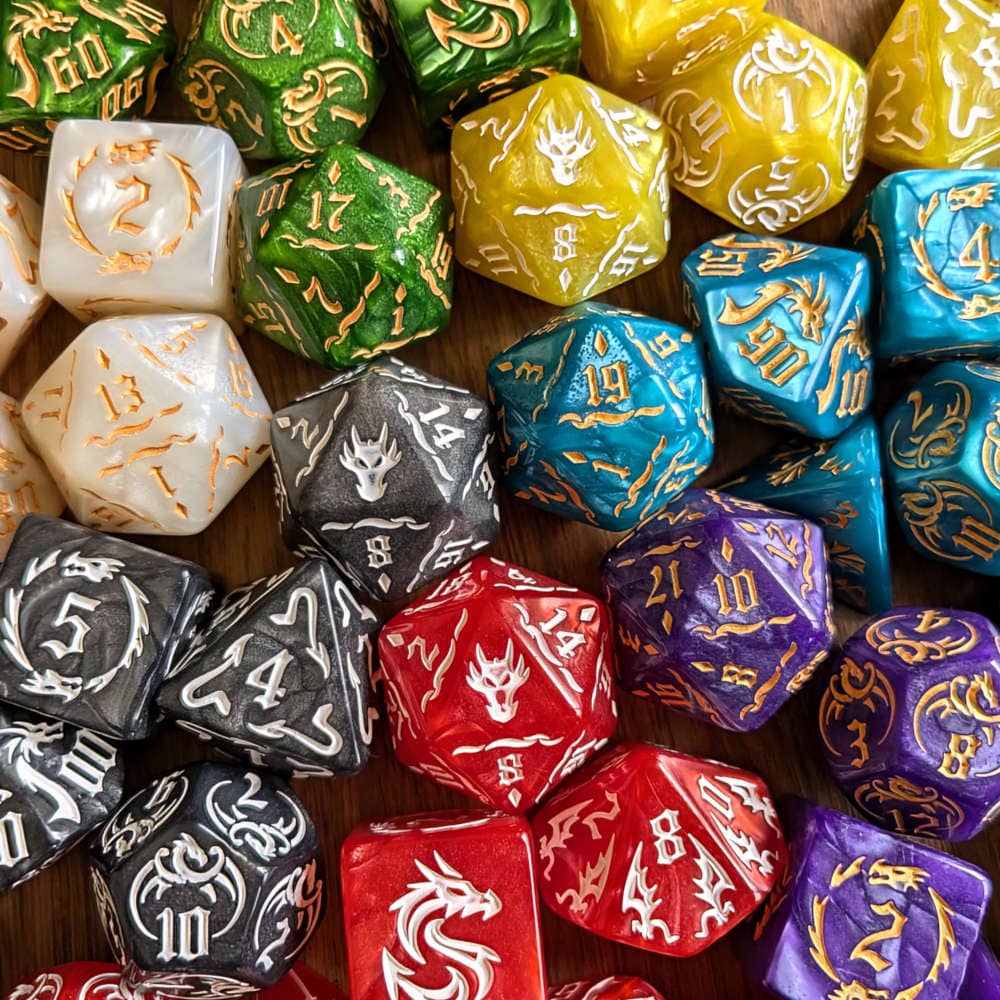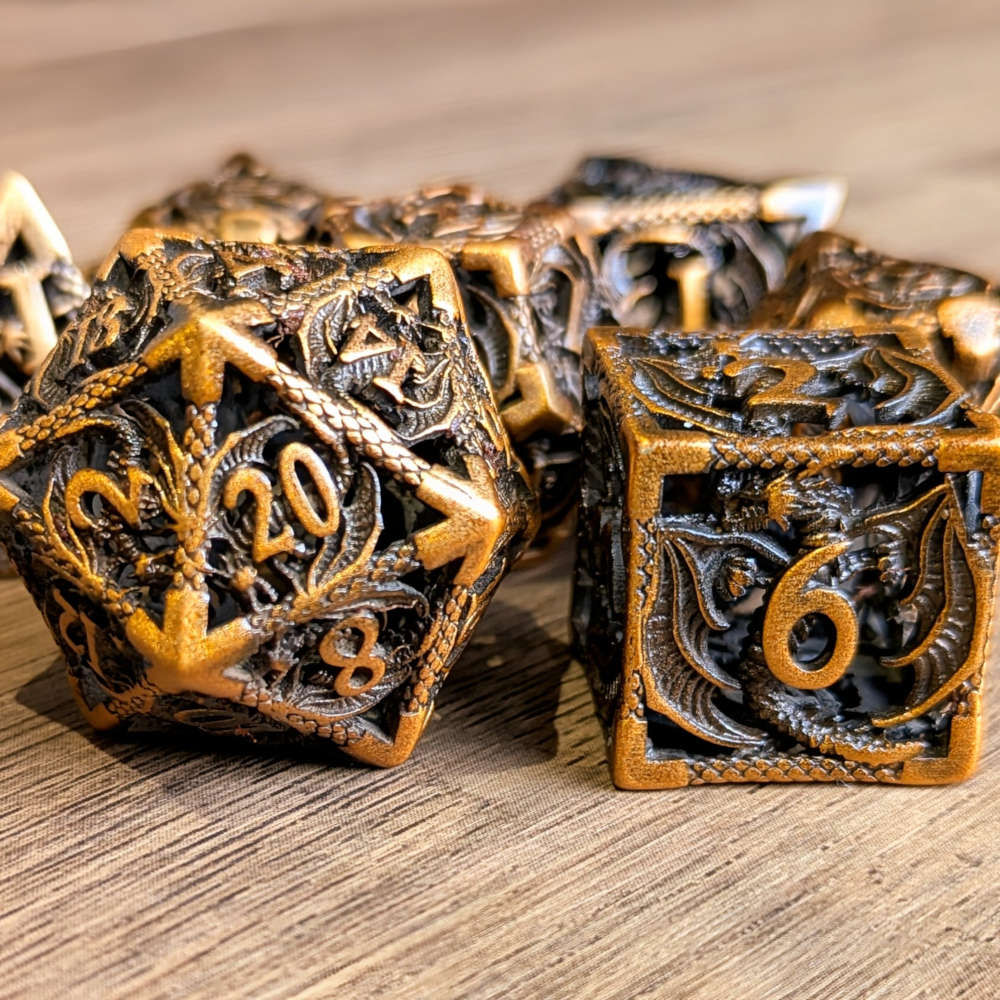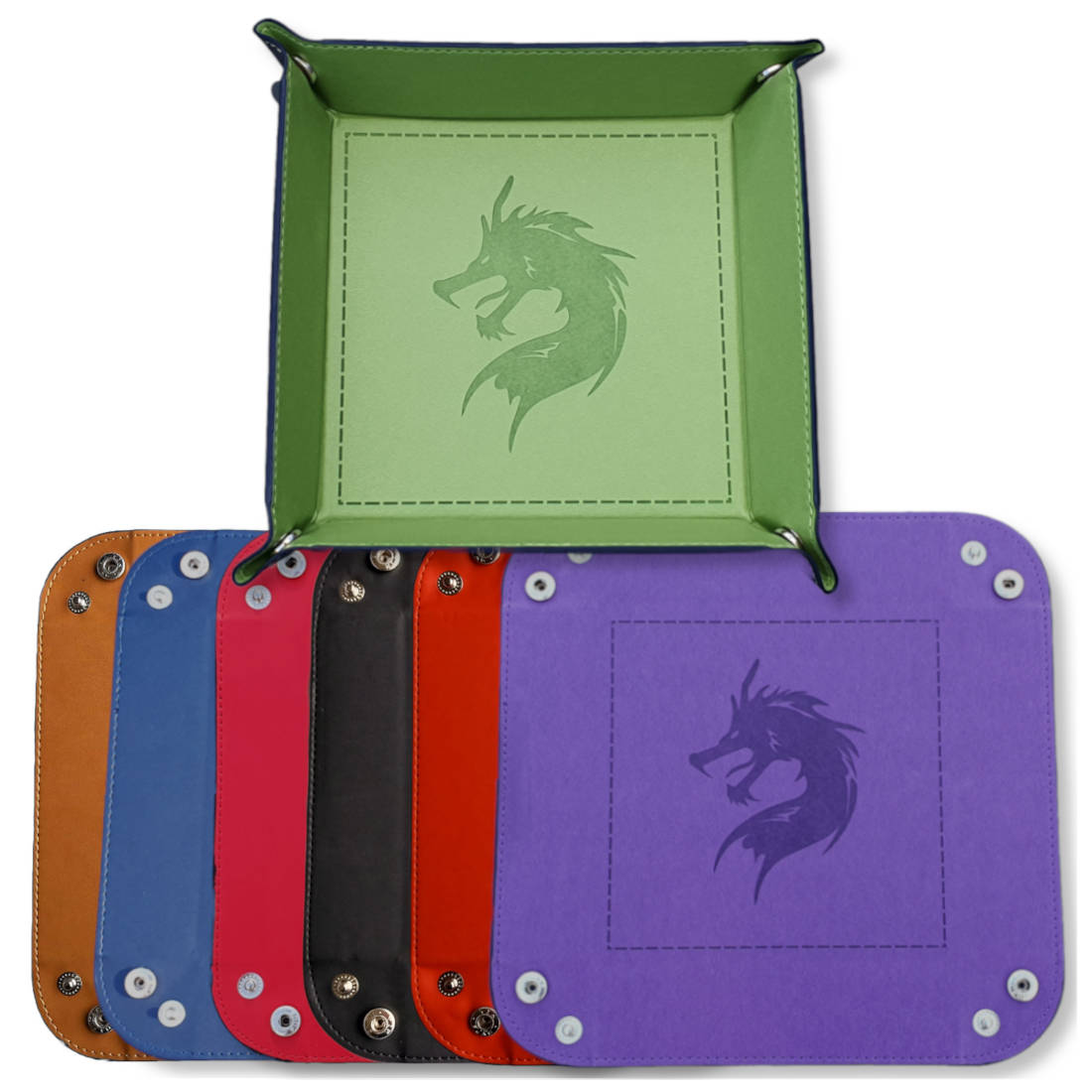Does playing D&D make you a nerd?

In the realm of tabletop gaming, Dungeons & Dragons (D&D) has long been a staple, captivating the imaginations of players around the world. Yet, the age-old stereotype of the ‘nerdy’ D&D players persists. As the popularity of the game continues to soar, it prompts us to question: does playing D&D mean you’re a nerd?
Let's embark on a journey to explore the perceptions, realities, and debunk some myths surrounding this captivating pastime. Whether you're a seasoned adventurer or a curious onlooker, join us as we delve into the world of D&D and challenge the notion of what it means to be a ‘nerd’.
Why was playing Dungeons and Dragons considered nerdy?
There are a variety of social and cultural reasons why people playing D&D were considered ‘nerds’. To explore why, let’s look back to the history of D&D and some key events along its journey.
The roots in fantasy and science fiction
Dungeons & Dragons emerged from the realms of science fiction and fantasy, genres historically associated with ‘nerd’ culture. The game's emphasis on creative thinking and immersion in a fantastical world contributed to its early alignment with intellectual pursuits.
The 1970-80s stigma
During the cultural landscape of the 1970s and 1980s, certain activities were deemed ‘nerdy’. D&D, with its intricate narratives and intellectual engagement, became a prime target for this label. The game's popularity among those considered socially marginalised, often awkward teens who preferred gaming over traditional extracurricular activities, solidified its association with nerd culture.
Satanic panic
Adding to the stigma, D&D faced accusations of being a conduit to the occult during the Satanic Panic of the 1980s. The game's reliance on fantasy thinking led to unfounded claims that it could summon dark forces or corrupt the minds of its players. This societal pressure, coupled with existing perceptions of D&D as nerdy, contributed to the game's vilification in certain circles.
To read more about this, check out our guide that explains why playing D&D isn't evil.
Modern-day societal perceptions
As society has become more open-minded, labels and stereotypes associated with activities like playing D&D have lost their grip. The game's resurgence in popularity has attracted a diverse audience, challenging the notion that it is exclusively for ‘nerds’. Today, the idea that playing D&D automatically makes you a ‘nerd’ is being progressively challenged and debunked.
Does playing D&D make you a nerd?
No, playing D&D doesn't make you a nerd - it makes you a storyteller, strategist, and adventurer. Don't let labels define your worth. Embrace the fantastic world of Dungeons & Dragons, and revel in the joy of imaginative storytelling.
What is so special about Dungeons and Dragons?
Beyond the captivating fantasy narratives and complex rule systems, D&D offers tremendous social and mental health benefits. Engaging in collaborative storytelling within a group fosters teamwork, communication, and problem-solving skills. Players often find a sense of community and belonging, forming lasting friendships through shared adventures.
Moreover, the immersive nature of D&D provides a powerful outlet for creativity and self-expression. Creating and playing a character in a fantasy world allows individuals to explore facets of their personality in a safe and imaginative space. This aspect of the game contributes not only to personal growth but also to a shared enjoyment that transcends the boundaries of traditional gaming, making Dungeons & Dragons an exceptional and enriching pastime for a diverse and growing community.
D&D also offers a way to learn many important skills and life lessons. Find out more in our guide: "What does D&D teach you?".
What type of people play D&D?
Contrary to stereotypes, lots of different kinds of people play D&D, including celebrities like Terry Crews, Vin Diesel, and Tim Duncan. It's not just for 'nerds' - D&D welcomes everyone to explore the magic of storytelling and imagination in an inclusive and safe environment.
Who is the target audience of Dungeons and Dragons?
The ideal age of D&D varies depending on who you ask, with the game accessible with adult help to those as young as 5 or 6 years old. Despite outdated stereotypes associating D&D with ‘nerds’, it's a misconception that should not deter anyone from exploring the game.
Contrary to societal pressures, D&D is an inclusive experience, welcoming individuals of all races, genders, and backgrounds. The game's magic lies in its ability to connect people through a shared love for storytelling and imagination, making it accessible and enjoyable for a diverse audience.
To learn more about how inclusive D&D can be, check out our guide that explores playing D&D as a neurodivergent person.
Can introverts play Dungeons and Dragons?
Absolutely! Introverts and anxious individuals can thrive in Dungeons & Dragons. The game aims to foster a welcoming and inclusive environment for everyone. Explore our guide on playing D&D with social anxiety for tips on making the experience enjoyable and comfortable.
Dice sets for adventurers of all backgrounds
No matter your background, a set of quality D&D dice is an essential companion for your adventures. Whether you're a seasoned dungeon delver or a novice, having the right dice adds a touch of magic to your gameplay.
For a truly enchanting experience, check out our Dragon Eyeball Dice Set. Its liquid core contains a mesmerising eye that swirls as you roll, bringing an extra layer of excitement to your tabletop adventures. Embrace the allure of the arcane and upgrade your gaming gear today!





